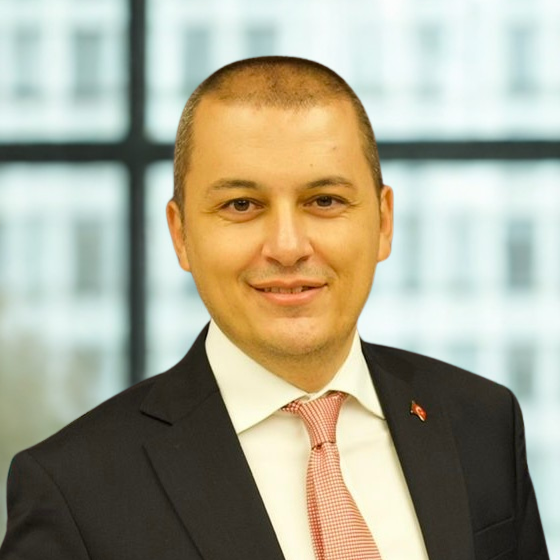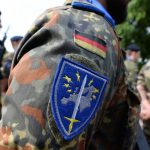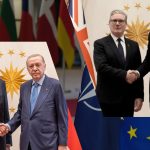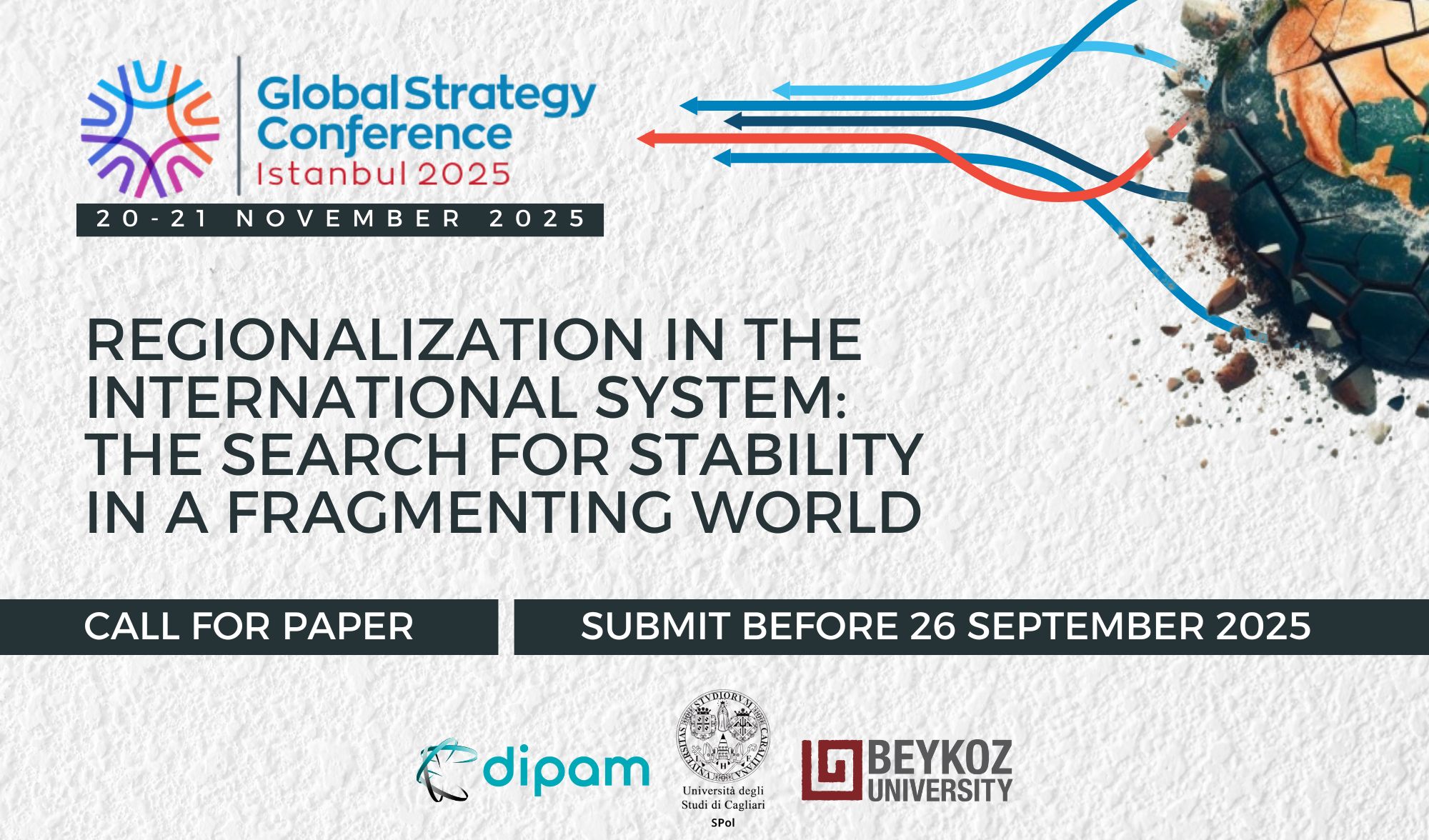Distinguished guests,
Esteemed academics, diplomats, public officials, representatives, members of think tanks, and students,
I extend my warmest greetings to all of you on behalf of the DİPAM – Center for Diplomatic Relations and Political Studies, and I welcome you to the Global Strategy Conference 2025.
We are very pleased to host this important event, which we are organizing this year in cooperation with Beykoz University and the Department of Political and Social Sciences (SPOL) of the University of Cagliari in Italy.
We are here today to discuss a transformation process that is felt in almost every part of the world. When we determined the theme of this conference about a year ago, the most striking issue that caught our attention in the current crisis was the divergence of ideas and policies within the new global system and globalization itself.
The international system is undergoing a restructuring process on a scale not seen in a long time. At the core of this transformation lie shifts in the balance of power, the weakening of international institutions, and the strengthening of regional dynamics.
The Russia–Ukraine war has become a symbolic breaking point in this process. Its impacts have not been limited to European security; they have deeply affected global energy balances, food security, trade networks, and even the norms of international law.
On the other hand, the U.S.–China rivalry in the Asia-Pacific region has created a new technological and strategic domain of competition. The resurgence of regional organizations in the Middle East, Africa, and Latin America shows that regionalization has emerged as both a necessity and an inevitability.
In addition to this picture, with the start of a second Trump administration in the United States, unilateralism and inward-looking foreign policy tendencies have once again gained strength, further increasing the instability at the center of the global system.
Today, we can clearly see that the short-lived unipolar world order after the Cold War is giving way to a multi-centered but fragmented system.
Dear participants,
In this new order, states survive not only through their military or economic power but also through their capacity for regional cooperation. Because international stability is no longer built from a single global center; it is constructed through regional structures that balance one another.
Today, the European Union, ASEAN, the Shanghai Cooperation Organization, the African Union, the Organization of Turkic States, and many similar institutions, albeit with different ideals, seek to establish their own regional security and solidarity architectures. These initiatives have become important laboratories for overcoming the bottlenecks in the global system.
Thus, this year’s conference theme, “Regionalization in the International System: The Search for Stability in a Fragmenting World,” is not merely a title—it is the strategic question of our era:
“Can regional cooperation become the new key to stability in an age of global uncertainty?”
Throughout this conference, we will seek answers to this question by bringing together the perspectives of academics, diplomats, and policymakers from different regions of the world.
Dear guests,
This year’s two-day program consists of 17 panels and covers a wide thematic range. The panels include diverse presentations—from theoretical approaches to current crises, from what ought to be to what is expected to happen. In today’s special sessions, we will hear ambitious discussions on international organizations, global challenges, and particularly the role of the media in Türkiye within these debates. Tomorrow, we will listen to around 100 speakers joining in-person or online from different parts of the world.
Another important aspect of this conference is its aim to build a bridge between academia and the policy world.
As think tanks, our duty is not only to produce analysis but also to bring these analyses to decision-makers, diplomats, and society, and to translate them into strategic recommendations that can be put into practice.
As DİPAM, we are an institution dedicated to understanding and explaining the multilayered nature of the region in which Türkiye is situated.
We do not observe global issues solely from the outside; we also examine their regional reflections, cultural codes, and political implications. Therefore, the Global Strategy Conference is not merely an academic event for us; it is an institutional expression of dialogue, cooperation, and the search for common solutions.
Dear colleagues and valued participants,
We believe that the outcomes of this conference will not remain confined to these halls. The ideas discussed in these sessions will be shared with the international community through an academic edited volume and policy briefs to be published in the coming period. Our goal is to transform this conference from a mere platform of idea exchange into a think space where concrete policy proposals are generated.
At this point, I would like to extend my sincere thanks to several distinguished individuals for their cooperation and contributions:
To the Rector of Beykoz University, Prof. Dr. Burak Küntay, for our partnership,
To Prof. Dr. Marco Pitzalis, Director of SPOL at the University of Cagliari in Italy,
To the co-coordinators of the organizing committee, Assoc. Prof. Pınar Sayan, Assoc. Prof. Nicola Melis, and my Vice Chairman Ahmet İşcan,
And to the entire DİPAM team, who have worked with great dedication over nearly a year, as well as our esteemed scientific board members who have contributed to this conference.
Ladies and Gentlemen,
I hope that this conference will help us better understand the orientations of the international system in its new era, remind us of the importance of regional cooperation, and contribute to the development of a shared vision for a peaceful future.
As we begin these two days of intensive discussion, let us remember that regionalization is not a retreat from globalization — it is an evolution of it. If shaped by inclusiveness, cooperation, and mutual understanding, it can offer a viable path toward a more balanced and stable world order.
I thank you all for your participation, your contributions, and your belief in this dialogue.
I wish you fruitful discussions and a successful conference.
And once again — welcome to Istanbul, welcome to the Global Strategy Conference 2025.










